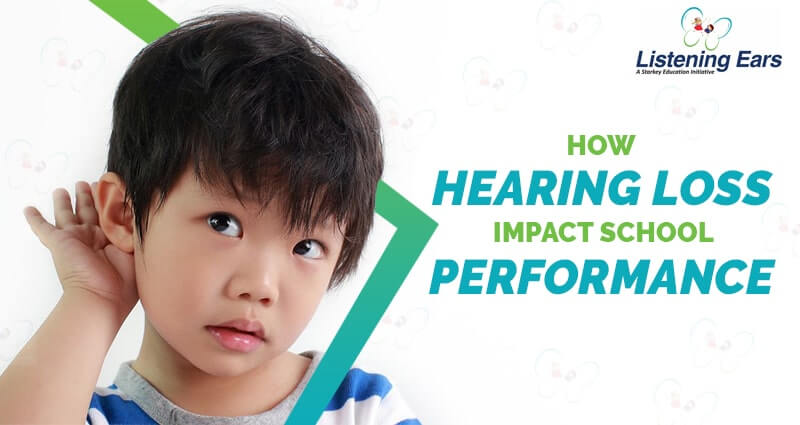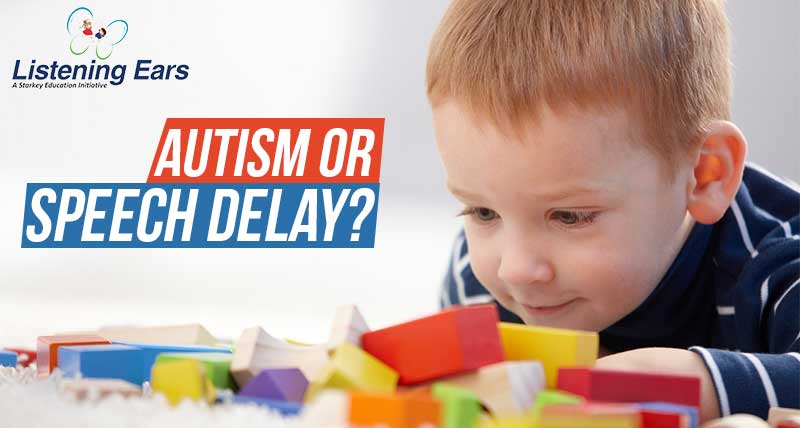Warning Signs of a Toddler’s Language Delay

Eustachian Tube Obstruction (infant/toddler)
June 22, 2017
Importance of Vaccines
June 29, 2017Children learn language at different rates, but most follow a general timeline. If your child doesn’t seem to be meeting communication milestones within several weeks of the average, ask her doctor about it.
It may be nothing, but if your child is delayed in some way, recognizing and treating the problem early is crucial for developing language and other cognitive skills in the long run.
Keep in mind that the timetable for language development is broad, and your child may run into small roadblocks along the way. For example, your toddler might repeat a word several times in the middle of a sentence as a way of holding your attention as she formulates the rest of her thought. (This isn’t the same thing as stuttering.)
Also remember that if your child was born prematurely, she may be off schedule by a few weeks or months. Preemies usually catch up with other children on milestones around the age of 2.
When to get help
As a general rule, trust your instincts. If something seems wrong to you, ask about it. After all, you know your child best. Talk to your child’s doctor if your toddler shows any of these signs:
By 12 months:
- Doesn’t say “mama” or “dada”
- Doesn’t use gestures such as waving, shaking her head, or pointing
- Doesn’t practice using at least a couple of consonants (like p or b, for example)
- Doesn’t understand and respond to words such as “no” and “bye-bye”
- Isn’t pointing out things of interest such as a bird or airplane overhead
- Doesn’t say single words by 15 months
- Doesn’t babble as if talking
By 18 months:
- Doesn’t point to at least one body part when asked
- Isn’t somehow communicating to you when she needs help with something or pointing to what she wants
- Doesn’t say at least 6 words
Between 19 and 24 months:
- Doesn’t have a rapidly growing vocabulary (about one new word a week)
By 24 months:
- Doesn’t respond to simple directions
- Doesn’t pretend with her dolls or herself (like brushing her hair or feeding her doll)
- Doesn’t imitate the actions or words of others
- Can’t point to named pictures in a book
- Can’t join two words together
- Doesn’t know the function of common household objects (like a toothbrush or fork)
By 25 months:
- Doesn’t use any two- to four-word simple sentences
- Can’t name a few body parts
- Has difficulty completing familiar nursery rhymes
- Doesn’t ask simple questions
By 30 months:
- Can’t be understood by anyone in her family
By age 3:
- Doesn’t use any pronouns (I, you, me)
- Can’t be understood by strangers most of the time
- Can’t speak in short phrases
- Can’t understand short instructions
- Has no interest in interacting with other children
- Has extreme difficulty separating from a parent
- Has very unclear speech
- Still stutters frequently (has true difficulty producing a sound or word) and has facial grimacing
By age 4:
- Hasn’t mastered most single consonants
- Doesn’t understand the concept of “same” and “different”
- Doesn’t use the pronouns “me” and “you” properly




